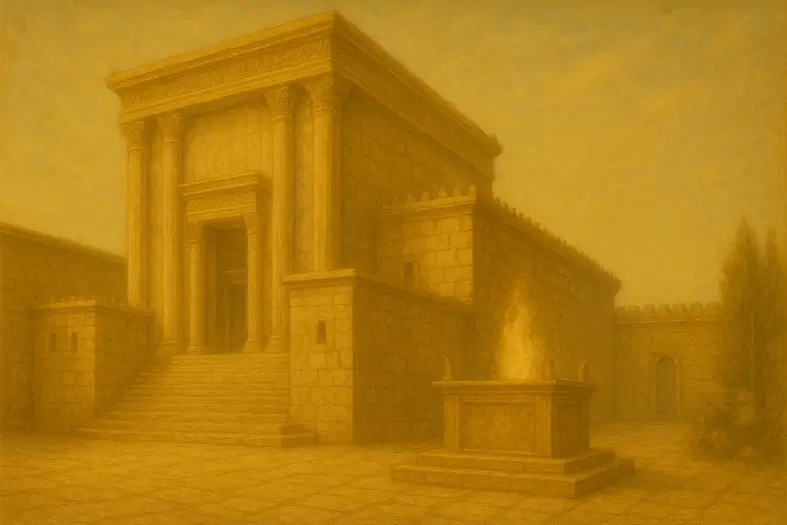


It is forbidden to burn leaven (se’or) or honey (devash) on the Mizbeach as part of any korban.
This mitzvah prohibits offering leaven or honey on the Mizbeach. Both are naturally prone to fermentation and change, symbolizing corruption and excess. By excluding them, the Torah emphasizes that Hashem’s altar is reserved for elements representing purity, simplicity, and constancy.
Rambam rules that while honey and leaven may be included in other ritual contexts (such as bikkurim, challah, or Shavuot’s leavened loaves), they are never to be burned upon the altar. Sefer HaChinuch teaches that their exclusion symbolizes the rejection of indulgence and decay in the service of Hashem.
The Talmud explains that honey represents sweetness and pleasure, while leaven represents arrogance and expansion. Both are unsuitable for the altar, which demands humility and purity. Ramban adds that korbanot reflect the inner state of man: service must be free of corruption and excessive indulgence, embodying devotion rather than distortion.
Commentary & Classical Explanation:


Represents the concept of spiritual intentionality, purity, and sanctity—set apart for a higher purpose.
Concerns the Beit HaMikdash, korbanot (offerings), and priestly service.
Signifies awe and reverence toward Hashem—living with awareness of His greatness and presence.
Relates to internal intentions, beliefs, and mindfulness in performing mitzvot or avoiding transgressions.
Mitzvot that define and deepen the relationship between a person and their Creator. These include commandments involving belief, prayer, Shabbat, festivals, sacrifices, and personal holiness — expressions of devotion rooted in divine connection.

Dive into mitzvos, prayer, and Torah study—each section curated to help you learn, reflect, and live with intention. New insights are added regularly, creating an evolving space for spiritual growth.

Explore the 613 mitzvos and uncover the meaning behind each one. Discover practical ways to integrate them into your daily life with insights, sources, and guided reflection.

Learn the structure, depth, and spiritual intent behind Jewish prayer. Dive into morning blessings, Shema, Amidah, and more—with tools to enrich your daily connection.

Each week’s parsha offers timeless wisdom and modern relevance. Explore summaries, key themes, and mitzvah connections to deepen your understanding of the Torah cycle.